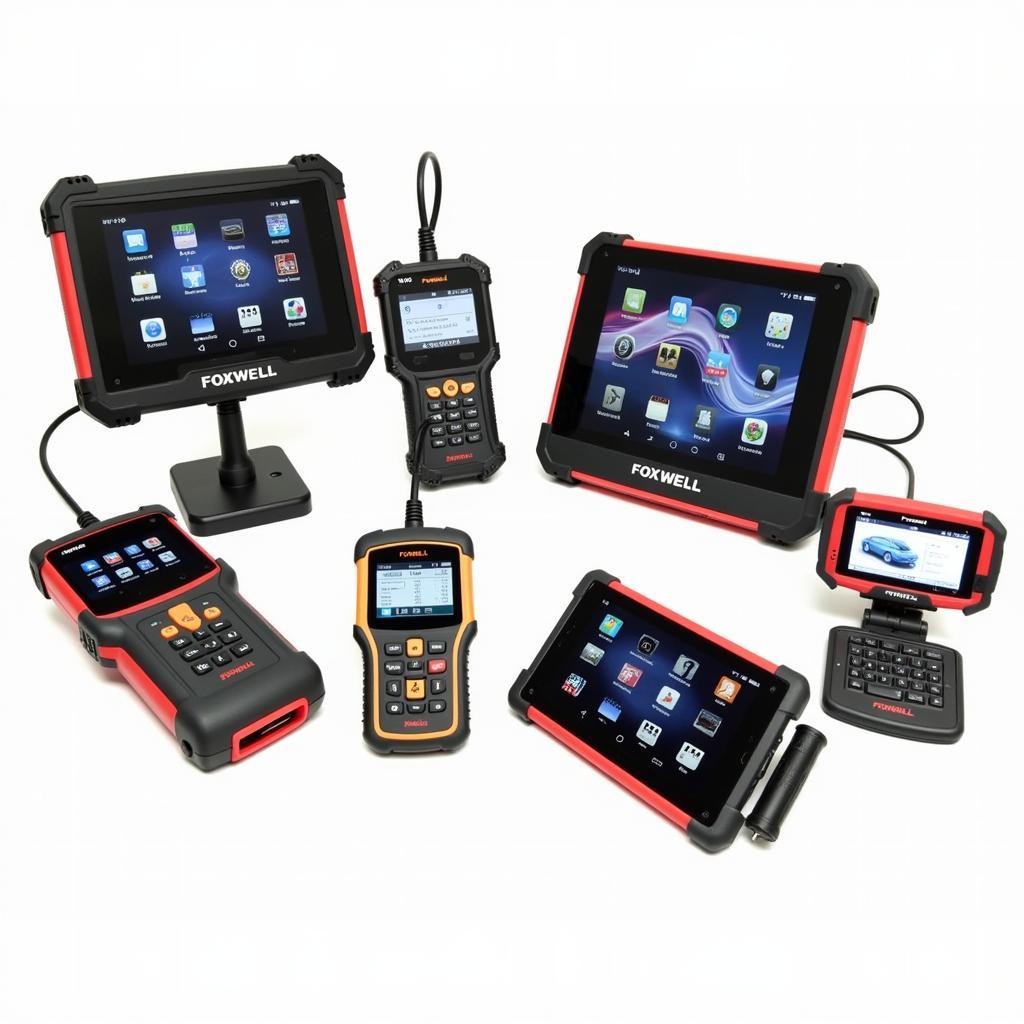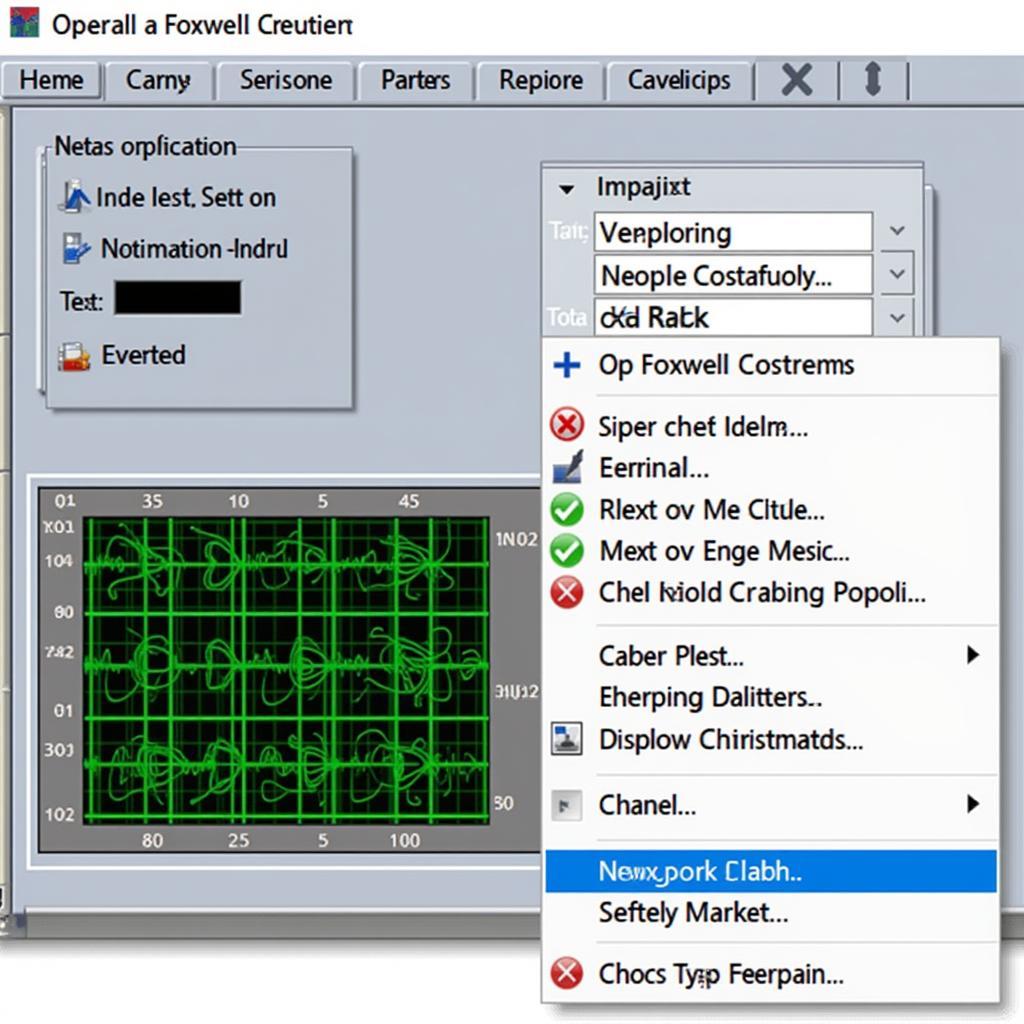William Foxwell…the name might ring a bell for those interested in archaeology and biblical studies. But who was he, and why is his work still relevant today? This guide explores the life and contributions of William Foxwell Albright, a towering figure in 20th-century archaeology, whose discoveries reshaped our understanding of the Bible and the ancient Near East.
From Virginia to the Holy Land: The Making of an Archaeologist
Born in 1891, William Foxwell Albright’s journey began in rural Virginia. Few could have predicted that this farmer’s son would become one of the most influential archaeologists of his time. His fascination with languages and ancient cultures, nurtured from a young age, led him to pursue biblical studies. He excelled academically, earning his doctorate from Johns Hopkins University, and his path soon led him to the dusty, sun-drenched landscapes of the Middle East.
Albright’s Legacy: Unearthing the Past, Illuminating the Present
Albright’s impact on archaeology is undeniable. He wasn’t just digging for artifacts; he was piecing together the puzzle of ancient civilizations. His meticulous excavations and groundbreaking use of pottery analysis, known as ceramic typology, revolutionized archaeological dating and interpretation. By analyzing the styles and techniques of pottery fragments, he could reconstruct chronological sequences and cultural interactions, shedding light on previously obscure historical periods.
One of his most significant contributions was the development of the “Biblical Archaeology” movement. Albright believed that archaeological discoveries could provide tangible evidence to support and contextualize biblical narratives. His work at sites like Tell Beit Mirsim, which he identified with the biblical city of Debir, aimed to illuminate the historical backdrop of the Bible.
However, Albright’s approach, while groundbreaking, wasn’t without its critics. Some argued that his desire to harmonize archaeological evidence with biblical texts sometimes led to biased interpretations. Nonetheless, his work sparked a new wave of interest in biblical archaeology, inspiring generations of scholars to explore the intersection of faith and history.
Beyond the Trowel: Albright as a Scholar and Mentor
Albright’s influence extended far beyond the excavation site. A prolific writer and gifted linguist, he authored numerous books and articles, sharing his knowledge and insights with the world. His work, such as “william foxwell albright recent discoveries in bible lands book“, made complex archaeological findings accessible to a wider audience, igniting a passion for the ancient world in countless readers.
More than just a scholar, Albright was a dedicated teacher and mentor. He nurtured a new generation of archaeologists at Johns Hopkins University, inspiring them with his passion and rigor. His students, many of whom went on to become leading figures in the field, carried forward his legacy of scholarship and discovery.
William Foxwell Albright: A Lasting Impact
While the field of archaeology has evolved since Albright’s time, his contributions continue to shape our understanding of the ancient Near East. His emphasis on meticulous excavation techniques, his innovative use of pottery analysis, and his dedication to bridging the gap between archaeology and biblical studies left an indelible mark on the field.
Although “william foxwell albright no longer any solid basis” is a statement that reflects the evolving nature of archaeological interpretations, his work remains a cornerstone for understanding the complex history and cultures of the region. Today, scholars continue to build upon his foundation, refining and expanding our knowledge of the past.
For those interested in learning more about the life and work of this remarkable individual, a wealth of resources is available. The “william foxwell albright institute” and the “william foxwell albright” provide insights into his life and work, ensuring that his legacy continues to inspire and educate.
Conclusion
William Foxwell Albright’s journey, from a Virginia farm to the ancient cities of the Near East, is a testament to the power of curiosity and the enduring allure of the past. His life and work remind us that the pursuit of knowledge transcends time and place, and that uncovering the secrets of the past can illuminate our present and shape our future.
For more information and resources on automotive diagnostics and repair, contact ScanToolUS at +1 (641) 206-8880 or visit our office at 1615 S Laramie Ave, Cicero, IL 60804, USA.


